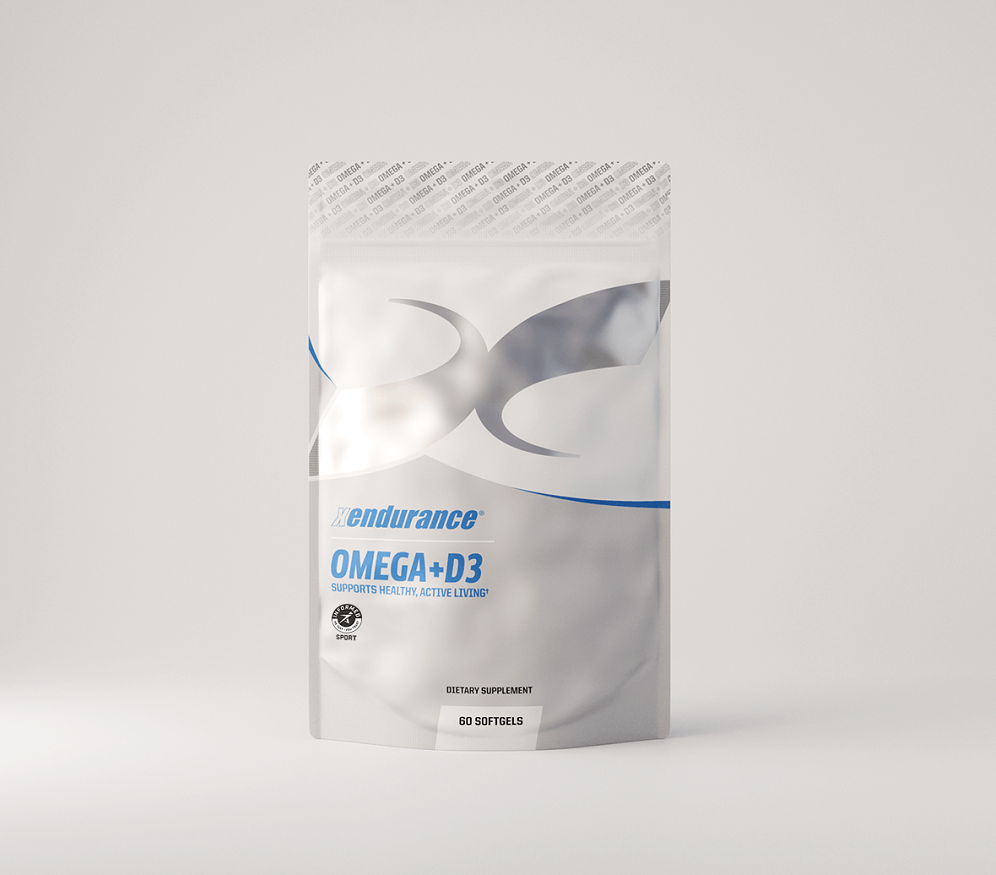High cholesterol is a common health issue that can greatly affect athletic performance. Cholesterol is a fatty substance found in your blood, and having too much of it can lead to serious health problems. For athletes and active individuals, managing cholesterol levels is crucial to staying at your best and being healthy.
In this article, we'll look at what high cholesterol is, how it affects performance, and good ways to manage it. We'll also discuss high cholesterol foods to avoid and dietary changes that can help lower cholesterol. By understanding and managing your cholesterol levels, you can improve your performance and stay healthy.
Understanding High Cholesterol
High cholesterol happens when there is too much cholesterol in the blood. Cholesterol levels are measured in milligrams per deciliter (mg/dL) of blood. Here are the key levels to know:
- Total Cholesterol: Less than 200 mg/dL is considered ideal, 200-239 mg/dL is almost high, and 240 mg/dL and above is high.
- LDL (Low-Density Lipoprotein) Cholesterol: Often called 'bad' cholesterol, less than 100 mg/dL is optimal, 100-129 mg/dL is near optimal, 130-159 mg/dL is almost high, 160-189 mg/dL is high, and 190 mg/dL and above is very high.
- HDL (High-Density Lipoprotein) Cholesterol: Known as 'good' cholesterol, less than 40 mg/dL is a risk factor for heart disease, 40-59 mg/dL is better, and 60 mg/dL and above helps prevent heart disease.
Monitoring your cholesterol levels regularly is very important. It helps you understand your risk and take steps to manage it effectively. You can find more detailed information on cholesterol levels at the Centers for Disease Control and Prevention (CDC).
The Impact of High Cholesterol on Performance
High cholesterol can greatly affect your physical performance and endurance. When cholesterol levels are too high, it can lead to plaque buildup in your arteries. This buildup can block blood flow, making it harder for your heart to pump blood efficiently. As a result, you may experience less stamina and endurance during physical activities.
For athletes, the risks are even more serious. High cholesterol can lead to serious health issues such as heart disease, which can severely impact your ability to train and compete. Regular monitoring of cholesterol levels is crucial to ensure you stay in peak condition.
For more information on how high cholesterol affects athletic performance, check out this article.
Identifying High Cholesterol Foods
Knowing what foods are high in cholesterol can help you choose better foods. Common high cholesterol foods include:
- Red meat (beef, pork, lamb)
- Processed meats (sausages, bacon, hot dogs)
- Full-fat dairy products (butter, cheese, cream)
- Fried foods (fried chicken, French fries)
- Fast food and junk food
These foods are high in unhealthy fats, which can raise your cholesterol levels. To control your cholesterol, try to limit your intake of these foods and choose healthier options.
Tips to avoid or limit high cholesterol foods:
- Choose lean cuts of meat and poultry
- Opt for low-fat or fat-free dairy products
- Cook with healthy oils like olive oil instead of butter
- Incorporate more plant-based meals into your diet
- Read nutrition labels to check for unhealthy fats
Effective Ways to Lower Cholesterol
Managing high cholesterol is very important for maintaining peak performance. Here are some good ways to lower cholesterol:
Dietary Changes to Lower Cholesterol
- Add more fruits, vegetables, and whole grains: These foods are rich in fiber, which helps lower cholesterol levels.
- Use healthy fats: Swap saturated and trans fats with healthy fats like olive oil and avocado.
- Reduce intake of saturated and trans fats: Limit foods like red meat, butter, and processed snacks.
- Consider adding whey protein: Studies have shown that whey protein can help lower cholesterol.
Exercise and Its Role in Lowering Cholesterol
Regular exercise can help lower cholesterol levels. Aim for at least 30 minutes of moderate activity, such as walking or cycling, most days of the week.
Importance of Maintaining a Healthy Weight
Staying at a healthy weight is essential for managing cholesterol. Even losing a little weight can lower cholesterol.
For more information on lowering cholesterol, visit this reputable health source.
Supplements That Support Cholesterol Management
Besides diet and exercise, some supplements can help manage cholesterol levels:
- Omega-3 fatty acids: In fish oil, these can lower triglycerides.
- Soluble fiber supplements: They can help reduce the absorption of cholesterol in your bloodstream.
- Plant sterols and stanols: These substances, found in some fortified foods and supplements, can help block the absorption of cholesterol.
Xendurance offers a range of supplements that can support cholesterol management and overall performance.
Creating a Cholesterol Management Plan
Managing high cholesterol needs a personalized plan. Here are steps to create your own plan:
- Talk to Healthcare Professionals: Regular check-ups and talks with doctors or nutritionists are crucial. They can provide personal advice and track your cholesterol.
- Set Clear Goals: Define what you want to achieve, such as lowering your LDL cholesterol by a certain percentage.
- Track Your Progress: Use apps or journals to track your cholesterol levels, diet, and exercise routines. Adjust your plan based on your progress.
- Incorporate Healthy Habits: Adopt a balanced diet rich in fruits, vegetables, and whole grains. Regular physical activity is also key.
For more detailed guidance on managing cholesterol, refer to this high authority source.
Summary and Action Steps
Managing high cholesterol is very important for your best performance and health. Here's a quick recap of the key points covered:
- Understand what high cholesterol is and monitor your cholesterol levels regularly.
- Understand the impact of high cholesterol on physical performance and health.
- Identify and limit high cholesterol foods in your diet.
- Use good strategies to lower cholesterol, including dietary changes and regular exercise.
- Think about supplements that can support cholesterol management.
- Create a personalized cholesterol management plan and track your progress.
Take proactive steps to manage your cholesterol for better performance. Explore Xendurance's range of supplements to support your health and performance goals.









コメントを書く
このサイトはhCaptchaによって保護されており、hCaptchaプライバシーポリシーおよび利用規約が適用されます。